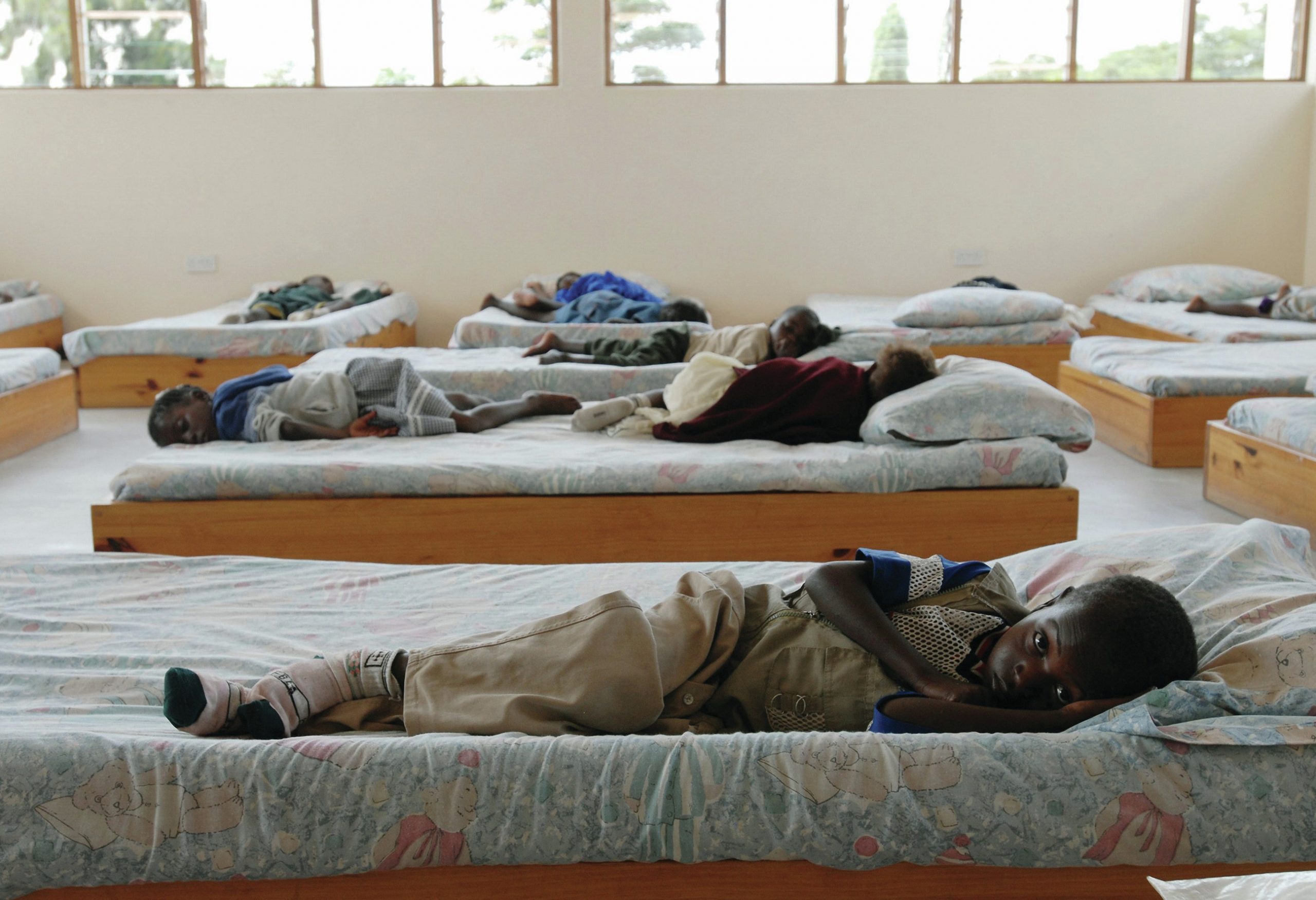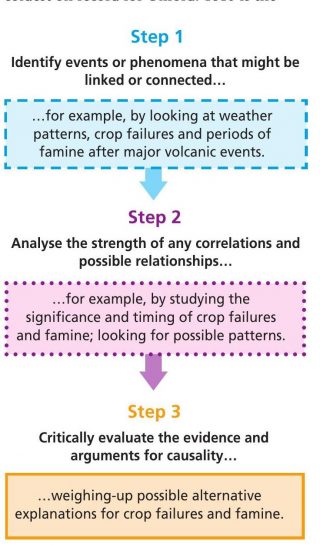
HIV/AIDS (see Inset 1) was first diagnosed in the USA, Haiti and parts of west Africa, but has spread to all areas of the world. It is now the third largest cause of death in developing countries (Inset 2). HIV/AIDS has therefore become a global public health issue, with both human and economic costs, including the loss of economic potential among young adults and the costs of treatment.
HIV is the human immunodeficiency virus which causes the disease, and AIDS stands for acquired immune deficiency syndrome — the disease itself. The term HIV/AIDS is commonly used to cover all aspects of the disease.
Your organisation does not have access to this article.
Sign up today to give your students the edge they need to achieve their best grades with subject expertise
Subscribe




